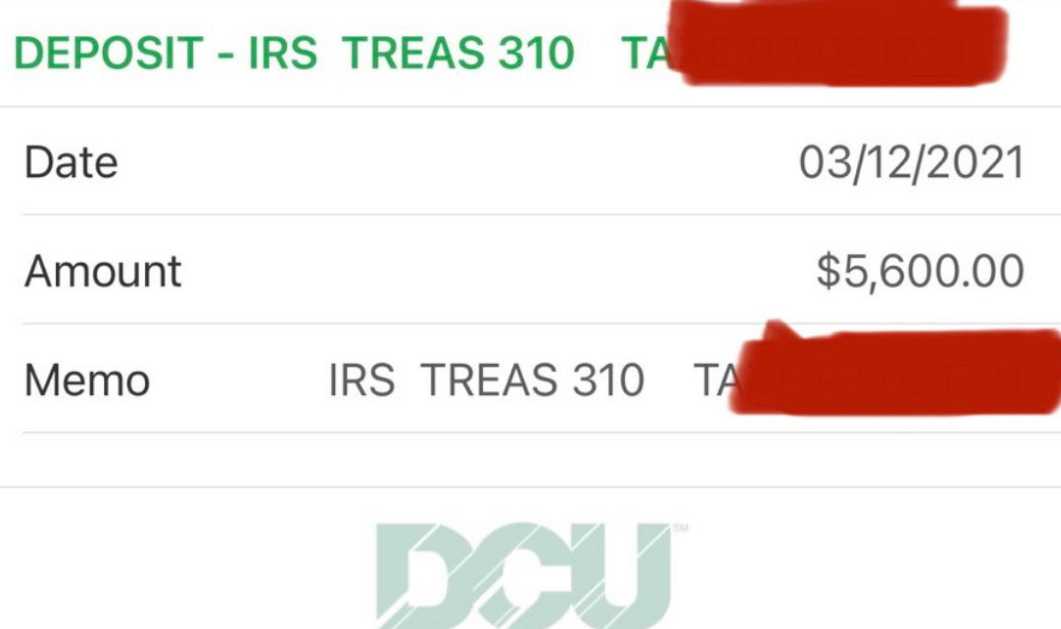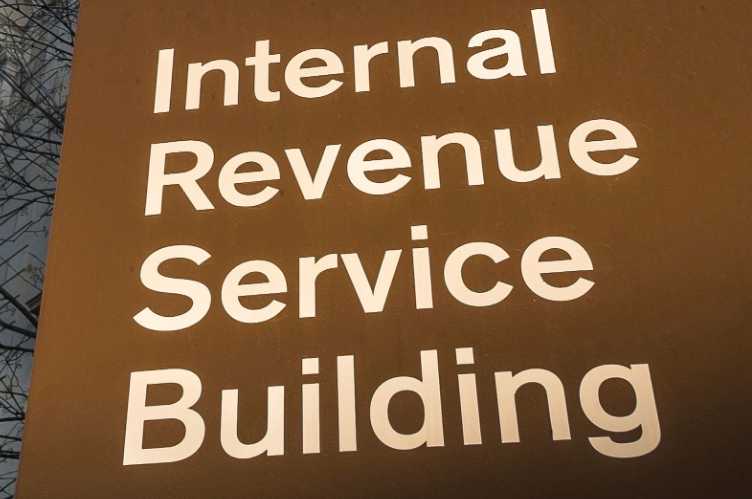“This program is Social Security for our children, and Democrats must keep it going over the long-term,” said Sen. Ron Wyden.
Data released Wednesday by the U.S. Census Bureau shows that more than 21 million people across the country live in households where there was “sometimes or often not enough to eat in the last seven days,” a five-month high.
“We’re going to keep pushing for an extension of the CTC until it happens. Child hunger is too high a price to pay.”
The new figures come as the expanded child tax credit (CTC)—a program that has helped millions of families afford food and other necessities during the pandemic—is set to lapse due to the opposition of Republican lawmakers and Sen. Joe Manchin (D-W.Va.), who reportedly wants to remove the benefit from Democrats’ Build Back Better package.
While Manchin has publicly claimed to support the CTC, HuffPost reported earlier this week that the West Virginia Democrat told his Senate colleagues behind closed doors that “he thought parents would waste monthly child tax credit payments on drugs instead of providing for their children”—a narrative that critics decried as insidious and false.
According to the new Census Bureau figures, 9.7% of U.S. households were food insecure in the period between December 1 and 13—a percentage that progressive lawmakers and advocates fear will rise sharply if Congress lets the boosted CTC expire at the end of the year. More than 10% of West Virginia households went without adequate food in early December, the data shows.[content id=”79272″]
“Here’s the reality of the situation: If expanded child tax credit payments stop going out, roughly 10 million children could sink into poverty,” Friends Committee on National Legislation warned earlier this week. “We’re going to keep pushing for an extension of the CTC until it happens. Child hunger is too high a price to pay.”
After the first tranche of monthly CTC payments went out in July, the percentage of U.S. families with kids that reported not having enough to eat fell substantially, Census Bureau data showed at the time.
“Families received their sixth child tax credit payment last week, and they have come to depend on these payments to cover the essentials like rent, groceries, heat, and clothing for their children,” Sen. Ron Wyden (D-Ore.), chair of the Senate Finance Committee, said in a statement on Sunday. “Food insecurity among families dropped by about 25% since these payments began. Child poverty has been cut nearly in half.”
“This program is Social Security for our children,” he added, “and Democrats must keep it going over the long-term.”
The Treasury Department said on December 15—when the final scheduled monthly CTC payment went out—that the families of 61 million U.S. children have benefited from the program, which was implemented as part of the American Rescue Plan.
In its current form, Democrats’ $1.75 trillion Build Back Better Act would extend for another year the monthly CTC payments of up to $300 per child under the age of six and $250 per child between the ages of six and 17.
But the path forward for the social spending and climate legislation remains unclear after Manchin announced his opposition to the bill in a Fox News appearance on Sunday. Last week, Manchin reportedly presented a $1.8 trillion counteroffer to the White House, which declined to accept because the proposal left out the expanded CTC entirely.
The White House has ruled out attempting to extend the boosted CTC with standalone legislation, which would require the support of every Senate Democrat and at least 10 Republicans. Not a single congressional Republican has endorsed Democrats’ expanded CTC program.
If Congress allows the current version of the CTC to expire, the program will revert to its previous form, which provided yearly lump-sum payments but excluded the poorest families with its regressive income phase-in.
Eugenia Harper, a 38-year-old mother of two children, told the Washington Post on Wednesday that the monthly CTC payments have “given us that extra help that we’re not able to get from friends or family.”
“I get child support and the child tax credit, and I’ve been able to manage on that,” said Harper, who reduced her hours working as a home health aide due to coronavirus concerns. “There’s no thrills and frills. We need this money just to survive.”
Common Dream’s work is licensed under a Creative Commons Attribution-Share Alike 3.0 License. Feel free to republish and share widely.
[content id=”79272″]






